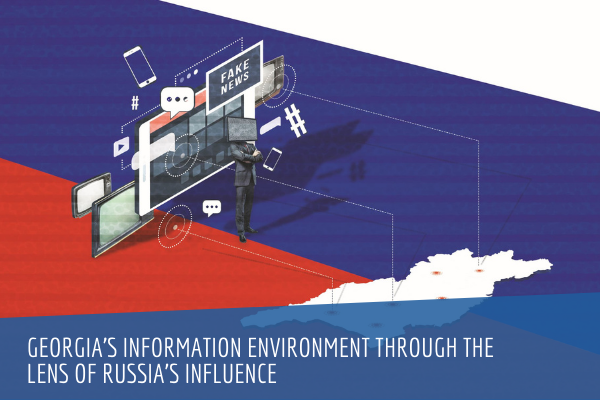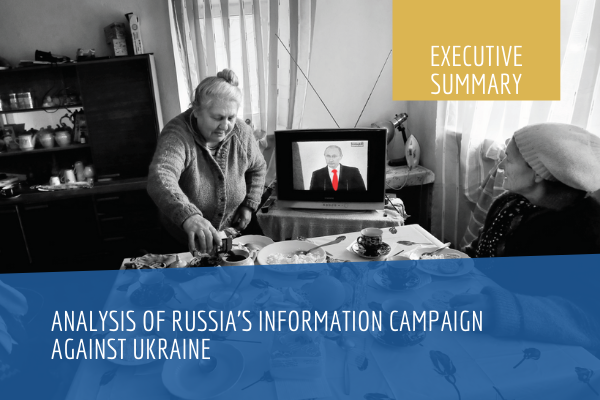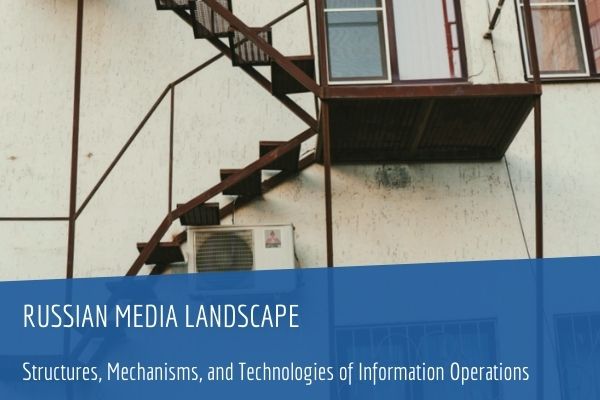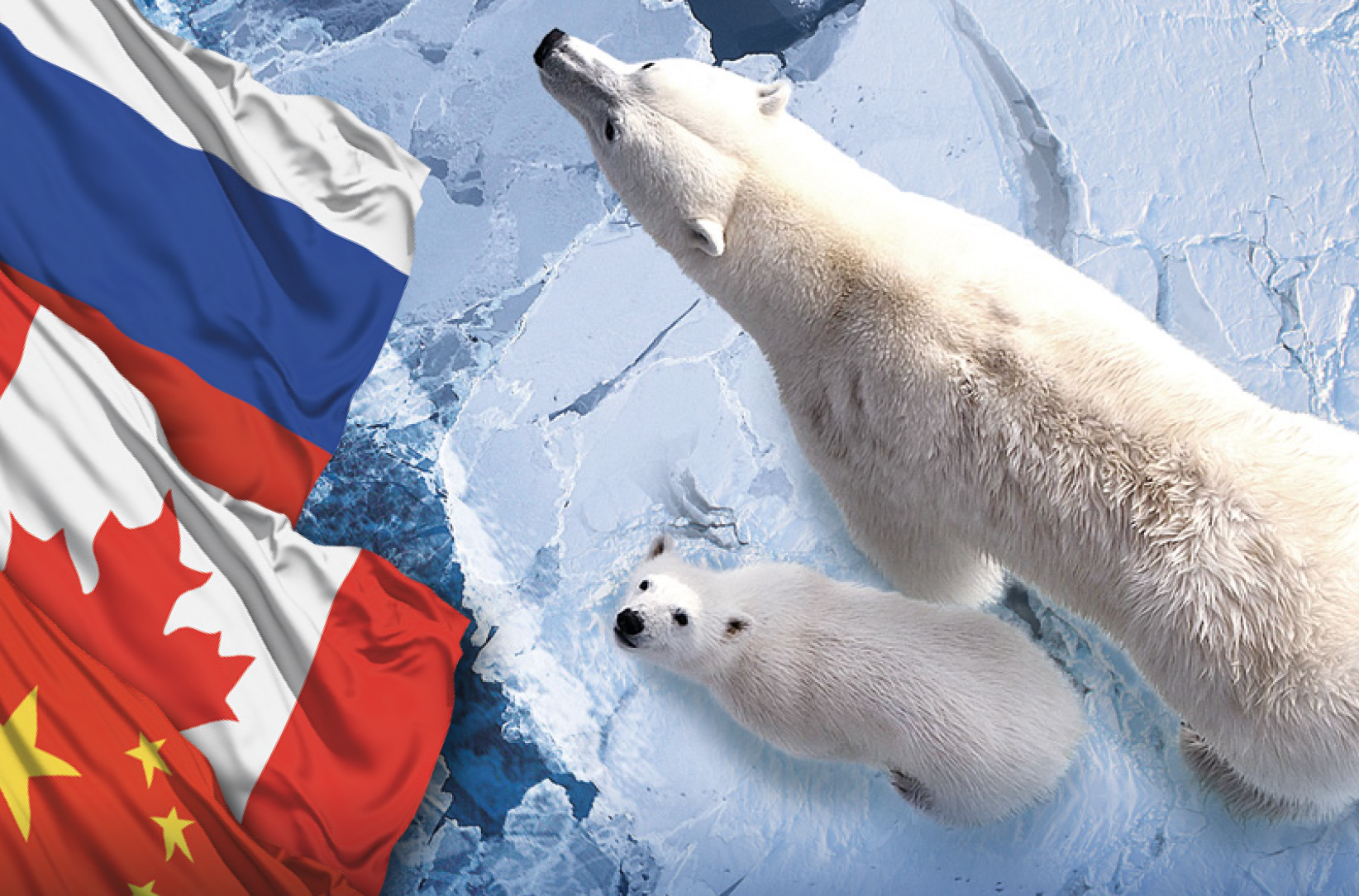Information laundering (IL) is a stratagem used by hostile actors within an information influence campaign. In this process, false or deceitful information is legitimised through a network of intermediaries that gradually apply a set of techniques to distort it and obscure the original source. In the context of this research, IL is leveraged by Kremlin-official or pro-Kremlin actors in a hostile information influence campaign (HIIC) to further their interests in Germany.
Methodology
In terms of methodology and approach, our research utilised a case study analysis to explore Information Laundering processes targeting German news or conducted by German actors. This involved the selection of five disinformation cases from the EUvsDisinfo database divided by topic, i.e. COVID-19, EU sanctions against Russia, Nord Stream-2 and the poisoning of Alexei Navalny followed by keywords-based research of articles directly related to the selected cases. In total, 97 articles were collected through manual advanced keyword-based research in search engines, supported by a mix of open source investigation tools utilised to leverage data, e.g. InVID Multimodal, WayBack Machine, BuzzSumo. After being collected, the news articles were organised chronologically by publication date within each disinformation case, applying the theoretical framework constructed by the NATO Strategic Communications Centre of Excellence to analyse Information Laundering (explained in the following pages). This report frames the analysis through the theoretical construction of information laundering, developed from a metaphor of money laundering and the definition provided by the Swedish Civil Contingencies Agency (MSB) in 2018 . The research in each case was conducted in three languages: a) in the domestic language, i.e. German b) in Russian, and c) in English. The case studies were selected according to the following criteria: a) Kremlin-official media (foreign or domestic) was involved; b) different techniques were applied, simultaneously or in quick succession, in order to gradually distort and disseminate the original information; c) a network of various types of actors participated in the process.
Main Findings
Research confirms that Information Laundering is conducted in Germany by Kremlin and/or pro-Kremlin actors:
- Certain domestic outlets were seen to enable the spread of pro-Kremlin information influence in the German media environment, mainly among German audiences
- Research reveals that IL actors also target Germany by strategically exploiting domestic news exclusively about Germany, or conspiracy theories among domestic and international Russian and Englishspeaking audiences
- Some German-language outlets registered under a German domain were seen to actively conduct SM from German-language Kremlinofficial media outlets
On average, 18 actors are involved in the cases investigated:
- Key relevance of pro-Kremlin (NewsFront, Topwar, SOTT) and Kremlinofficial media (RT, Sputnik) in German language
- In the IL cases under investigation, pro-Kremlin and Kremlin-official media repeatedly amplified the voices of German political and public figures, primarily from the far-right Alternative für Deutschland (AfD) and leftist Die Linke. These were utilised to provide credibility to the laundered content.
- A considerable amount of social media users amplified content from information laundering processes from Kremlin-official and pro-Kremlin sources.
- These accounts largely share news from far-right or leftist German media, contributing to the polarisation of the debate in social networks
- Proxies that amplify laundered news stories inside and outside the country
Predictably, the main language used was Russian, followed by German (31%). Two reasons explain this:
- Due to the nature of IL, most of the processes are started by a Kremlinofficial or pro-Kremlin source and then translated into other languages to increase the reach of the laundered content
- Kremlin-official or pro-Kremlin sources launder and translate nonRussian language news stories to influence Russian-speaking audiences.
Themes: COVID-19 stories are intimately linked to conspiracy theories and antiWestern narratives.
Other themes of relevance: Nord Stream-2, Russophobia. No purely domestic information laundering case has been identified. IL networks are generally transnational.
Key Actors Identified
The main actors participating in IL processes to enable the spread of the Kremlin’s influence in Germany are Kremlin-official media and Russian or German-language proxies.
Regarding domestic actors enabling the spread of Kremlin IL in Germany, this research identified the following:
- International actors that publish in several languages, mainly in English and Russian, but also run German language platforms. E.g.: SOTT, NewsFront, Shafaqna.
- German-language versions of Kremlinofficial media, e.g. RT and Sputnik.
- Main proxy platforms: the wordpress’ blog ‘Co-op Anti-War Café Berlin’ and Press24.net both share content from Sputnik Germany and RT Deutsch, as well as from the platform Telepolis.
- German actors that are generally mentioned or referenced in IL processes to provide credibility to IL techniques: Historian Alexander Rahr, who was also Senior Advisor on Russia for Wintershall Holding (2012–2015) and Gazprom (from 2015), AfD’s Waldemar Herdt, and German-Russian Forum Chairman Matthias Platzeck.
- Der Tagesspiegel stories were used by Kremlin-official and pro-Kremlin media as a source for IL. This does not make Der Tagesspiegel an active part of IL – Kremlin and pro-Kremlin outlets take the accurate reporting of news events by the German reputed outlet and distort it though IL techniques.
- Keywords-based IL research identified actors publishing pieces that, for reasons of chronology and narratives pushed, could be somehow linked to laundering processes. However, IL techniques were not clearly identified and more research needs to be conducted to verify participation in German IL, e.g. Junge Welt, journalist Florian Rötzer in the blog Telepolis.
Main report findings and information laundering were discussed during #StratComTalks on 3 February 2021:





